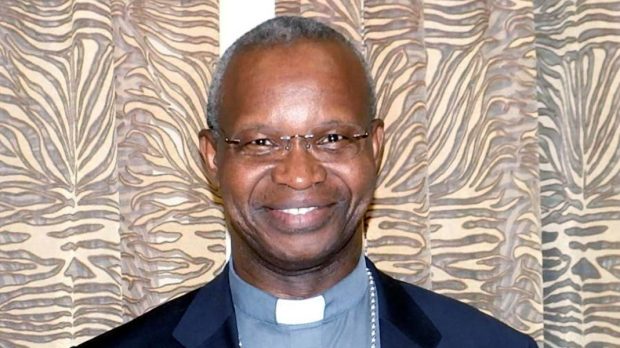In 2016, Mgsr. Richard Kuuia Baawobr, the Bishop of Wa, in Ghana, launched an effort to meet the needs of those suffering with mental illness in his diocese. Parishes, church organizations, lay people and religious began bringing food, clothing, and medicine to people on the streets who struggle with mental illness.
According to Agenzia Fides, mental illness is a big problem in Ghana. The World Health Organization reports that of the 21.6 million people in Ghana, 650,000 suffer from a serious mental disorder and well over 2 million are affected by a moderate or mild mental disorder.
Services to support and assist the mentally ill are typically only found in bigger cities at larger hospitals. However, various organizations have been promoting the idea that smaller, local health centers are a much better fit to address mental health issues because they can focus more on the needs of individuals and their families, and be an important agent of health, healing, and education in the local community.
Now, with two years under their belts, and the program running smoothly, Bishop Baawobr wants to do more. He told Fides that he plans to build a rehab center for patients on the street to be able to get treatments and receive the help they need to be reintegrated back into their communities.
In Ghana, like in many other parts of the world, one of the greatest challenges to helping people with mental illness is the stigma around the issue. People with mental health challenges are often abandoned by family members, abused, isolated, and denied their rights.
This new project will involve addressing the stigma and prejudice, which requires ongoing education. Bishop Baawobr plans to work with a government mental health organization to produce a radio talk show that will help to educate the public on mental health and encourage families and communities to have less fear and help those who are sick before, during, and after treatment.

Read more:
A powerful novena for those living with mental illness

